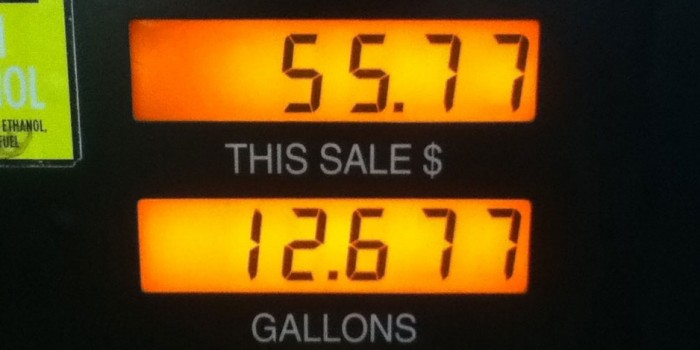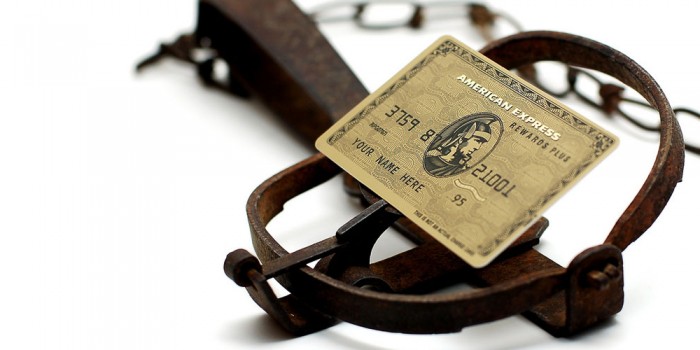Loss aversion, the tendency we have to attach more weight to potential future loss than future gain, has been well-documented since Kahneman, Knetsch and Thaler proposed it in 1990. Whilst it is hugely important in helping to explain a number of the ways in which consumers act, the simple act of reflecting on decisions of our own that turned out to be costly mistakes that could have been avoided with a little more thought, reveals that it is far from a universal determinant of our actions. Recently a very good friend of mine made two significant purchases within a matter of weeks: a luxury car and a luxury watch. The car cost him approximately £25,000 and the watch £4,500. What was interesting to me was that he negotiated hard on the price of one but not at all on the other. In fact, for one purchase he didn’t even shop […]






Recent Comments